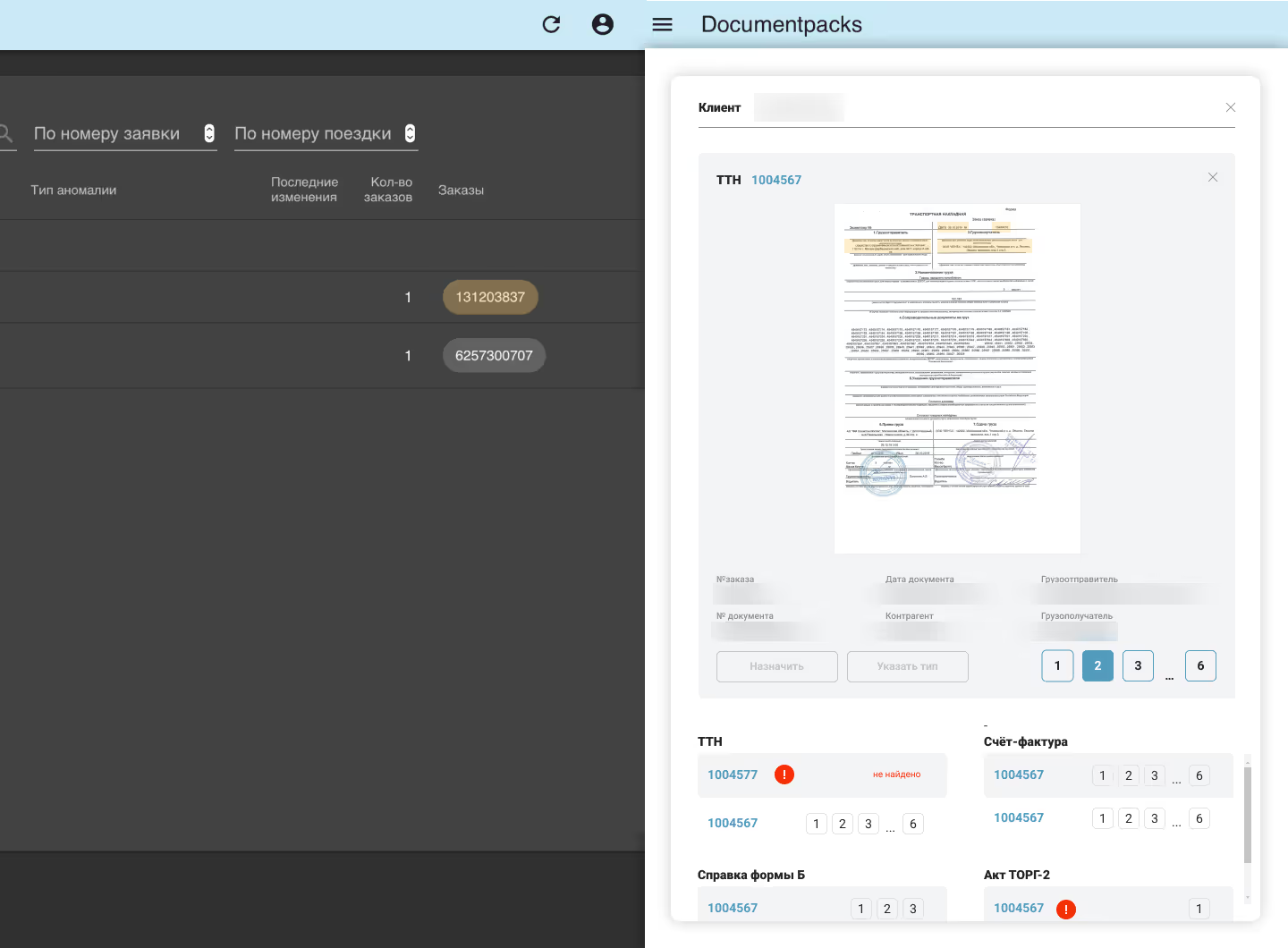Client
CAMPARI RUS LLC/CAMPARI RUS LLC is the Russian representative office of an Italian company that produces and distributes alcohol products in 190 countries around the world. The line includes more than 50 brands, including Aperol, Campari, Cinzano, Mondoro, Espolon, Bisquit and others.
Problem: Product information for Russian retailers is processed manually
The client works with most major retailers in Russia. Among them, 14 key networks stand out: K&B, Lenta, Winestyle, Auchan, Bristol and others.
Up to 200 fields of information about each product should be uploaded to their systems: name, composition, color of the drink, alcohol percentage, volume and height of the bottle, its photo, warehouse address, pallet weight, etc. A quarter of this information is legal data for government systems, such as the USAIS.
Employees of the Russian representative office passed this information to retailers manually in Excel spreadsheets. Product photos were sent in zip archives. There were a lot of problems:
- Product information was updated for several days because a unique data upload was created for each retailer. Some people needed two different uploads — for an internal product management system and for an online storefront. In total, employees filled in 19 tables manually.
- The client's employees had difficulties arranging uploads and finding information on network drives.
- Product photos were manually updated. From time to time, employees made mistakes and handed over the wrong files to retailers.
.avif)
Objective: to quickly automate product data management in Russian retail
Uploads with information for retailers should be generated automatically, in just a few clicks. Photos should also be uploaded to product cards automatically by file name.
The system should create public catalogs — product pages with a limited set of information. They will be used by regional distributors to obtain up-to-date product information without having to upload individual specifications.
These catalogs should later be used for on-trade and customers who buy premium brands.
The period from the start of development to the full launch of the system is 2 months.
Result 1: the system was up and running in 2 months
The client wanted to launch the system in 2 months so that content managers would spend less time entering new items and editing existing ones as early as January 2023.
KT.team could implement all system requirements in Pimcore or Brandquad. According to preliminary estimates, working on Pimcore would require 1,000 hours of work and about 4 months before the system was launched.
Brandquad was better suited for this project for the following reasons:
- It works as a SaaS service, without the need to set up your own servers;
- the interface is intuitive and easier for employees to learn;
- There is no need to program some functions, they are included in the standard set. For example, auto-linking images to product cards.
KT.team launched the system exactly in 2 months, and the work took 318 hours.
.svg)
Result 2: product information is updated in one click
Retailers need to upload new information several times a month. This happens when:
- The emergence of new SKUs
- Changes in legal product information
- Changes in liquid/packaging parameters
- Changing the appearance of products
- Carrying out marketing activities in accordance with the legislation of the Russian Federation
The client manager manually creates one upload for up to 3 hours, depending on the amount of data. It takes several days for all retailers to prepare 19 such shipments.
The system generates unloads in a few seconds. Employees don't need to remember the specifics of the tables for each retailer; these mistakes are no longer possible.
The process from receiving new product information to sending it to the retailer's responsible manager takes a few minutes.
.gif)
Result 3: product images are updated automatically via Brandquad's personal account
KT.team has developed a system for automatically linking images to product cards in retail systems. The employee must name the images according to a certain standard and, through the Brandquad personal account, upload them to a folder corresponding to the desired brand. The system will automatically find matches between the file name and product records and update the images.
.svg)
.avif)
Result 4: the customer conveniently manages product information through public catalogs
A public catalog is a page on a website or internal portal that uploads only the necessary information about the product. For example, retailers can embed product cards from a public catalog directly into their online storefront. Or make them a landing page to promote individual brands.
In such cases, it is necessary to hide unnecessary attributes and legal information from the main product record in the system.
KT.team has created 3 public catalogs:
- for customers who buy premium products;
- for online trade clients;
- a catalog without premium products.
.avif)
.avif)








